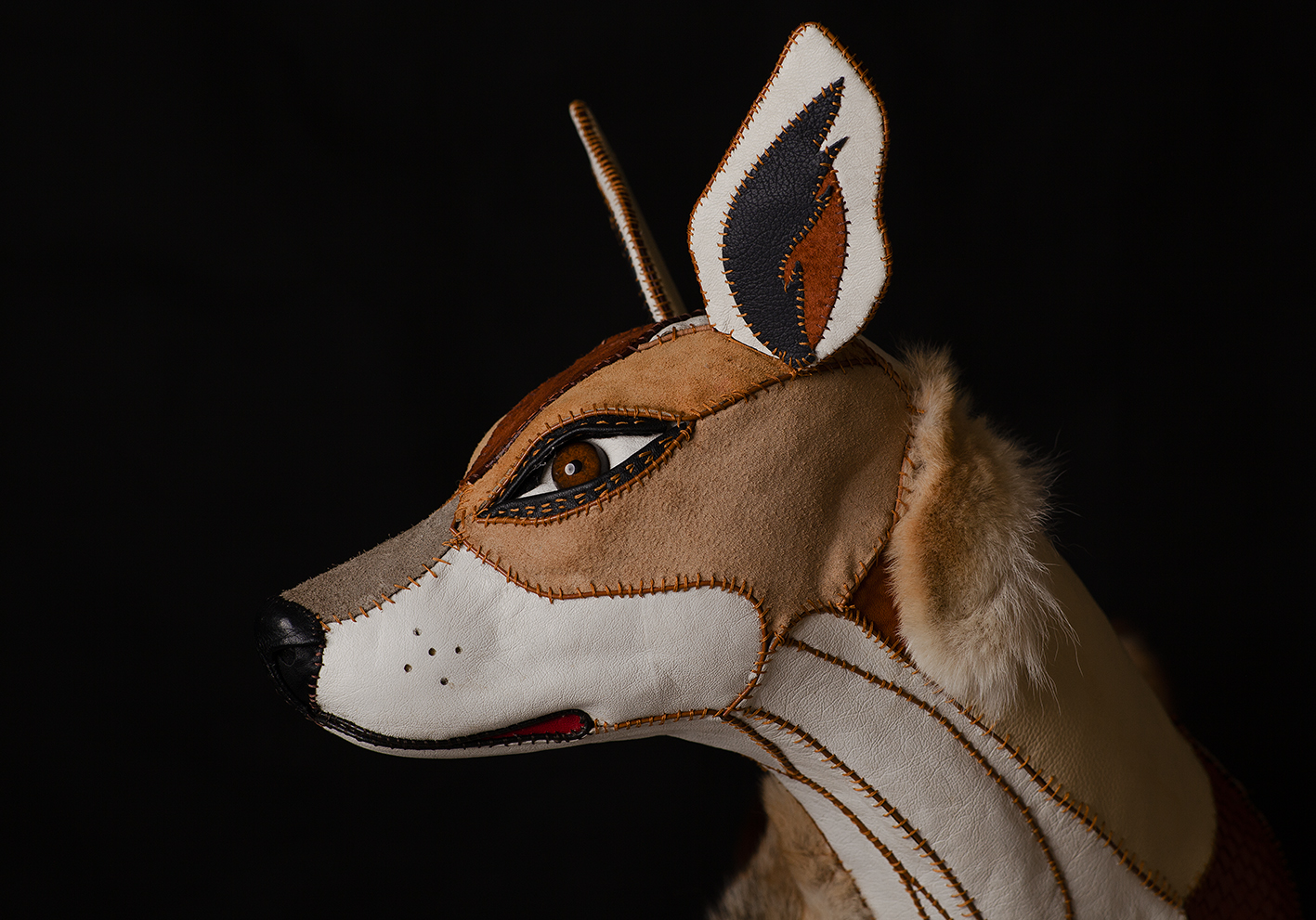Melbourne Knowing Animals Reading Group, 29 July 2019
The Melbourne Knowing Animals Reading Group had a break over June then returned, in July, to read two significant works that are recognised as forming a famous debate: ‘We are all meat?’. The first article, written by renowned ecofeminist, Val Plumwood in 2000, discussed meat consumption, with specific reference to the highly respected ecofeminist work of Carol J Adams. The second article, published two years later, was David Eaton’s critique of Plumwood’s essay.
We generally agreed that Eaton’s response echoed many of our concerns with Plumwood’s article, despite a number of us, as ecofeminists, being deeply inspired by Plumwood’s work.
Quite early in the ensuing discussion, it was noted that Plumwood’s interest is in disturbing the binary between human and nonhuman. Our group is differently oriented, most often reading in terms of decentring the human.
Plumwood’s essay takes to task ‘ontological veganism’, a position, she argues, that creates a universalising position towards animals that sets humans outside the human construct called nature. In response, Eaton offers a careful reading of Carol J Adams work to refute this charge.
Plumwood also considers contextualised forms of vegetarianism, critiquing ‘culturally hegemonic attitudes towards indigenous cultures’ (289). Some of us felt that this claim inadvertently created another grand narrative. In this context, those who had attended the recent AASA conference, noted a rise in ‘Indigenous voices’ speaking ‘against the mistreatment of animals’, and reframing veganism as a process of decolonialisation (mowson). The strong message given at the conference was that each community has its own approach to human-nonhuman relations, and these approaches cannot be transferred.
The discussion finished with a consideration of Plumwood’s question about the ethics of eating plants (301). It was agreed that this question could be considered more deeply in contemporary animal studies, as ‘lines’ between plants and animals are ‘increasingly blurring’ (mowson). Thinking this question through is not easy. While there is no doubt plants are sentient, levels of consciousness are difficult to quantify.
Works read: Plumwood, Val. 2000. “Integrating Ethical Frameworks for Animals, Humans and Nature: A Critical Feminist Eco-Socialist Analysis.” Ethics and the Environment. 5(2):285-322 and Eaton, David. 2002. “Incorporating the Other: Val Plumwood’s Integration of Ethical Frameworks.” Ethics and the Environment. 7(2):153-180.
Summary by Sue Pyke. Other Knowing Animal Reading Group participants for this session were: Leo Bromberg, Shan Crosbie, Carmen Glanville, Elise King, Gina Moore, lynn mowson and Peta Tait.


